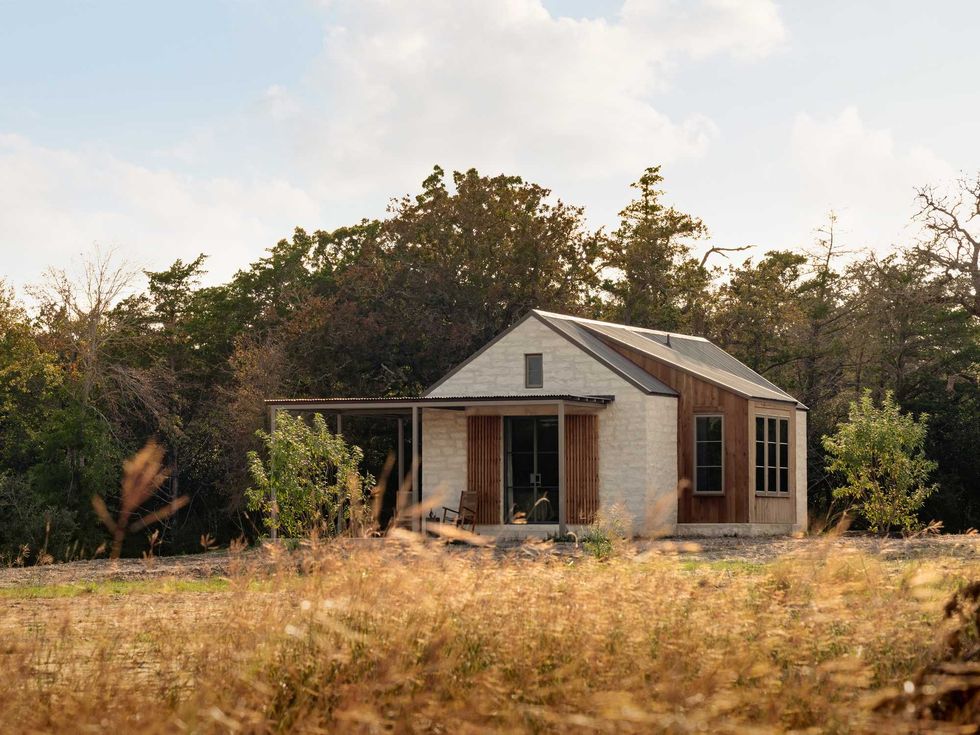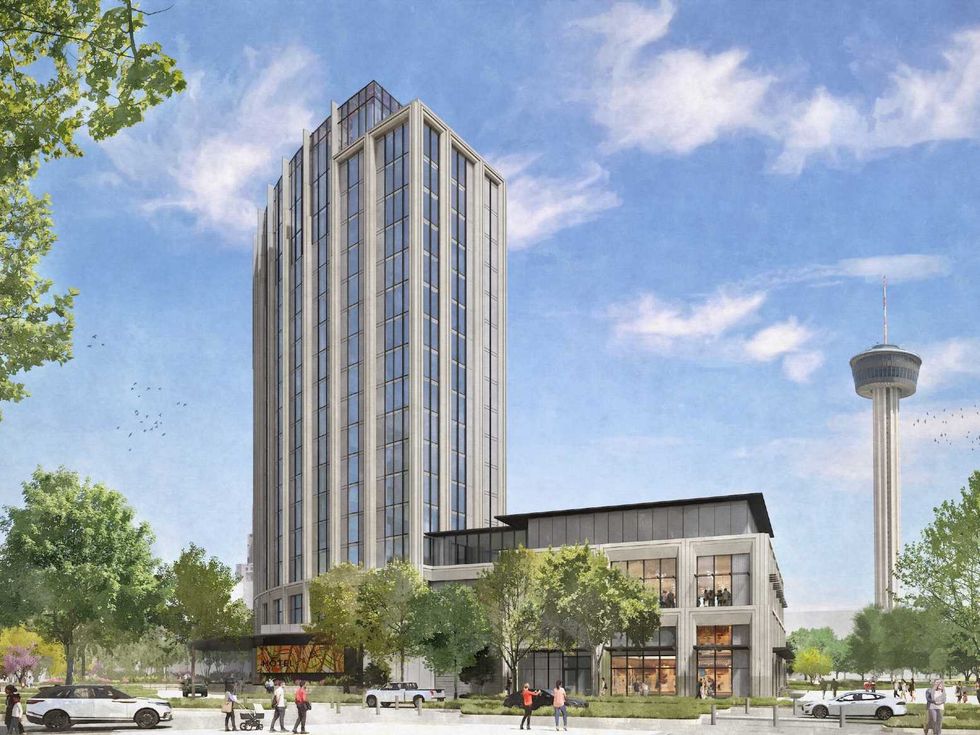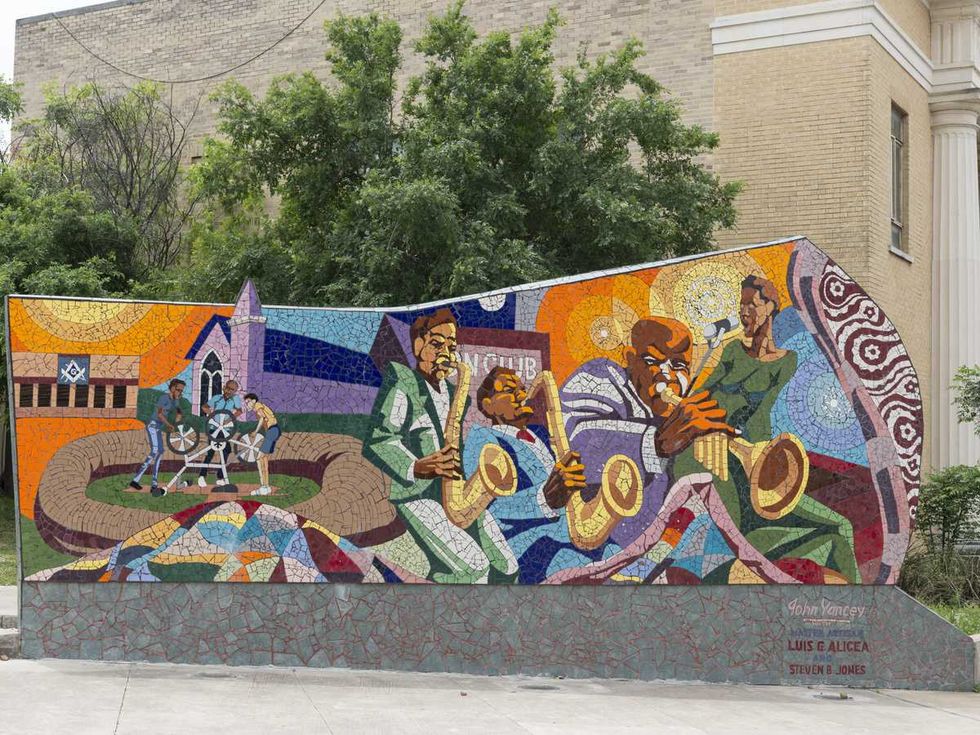Texas is saying goodbye to its mild winter, and with the arrival of spring come long-awaited spring break vacations. North Texas adventurers can take a road trip to a West Texas museum to visit a groundbreaking fashion icon's legacy, go antiquing in Big Top and book a stay at a luxe farm cottage, or check out a family-friendly circus on the Gulf Coast.
Here are CultureMap's top picks for a refreshing spring break escape around Texas in March.
Across Texas
Travelers that want to learn more about Black history and landmarks in Texas can take self-led tours using The Texas Historical Commission's recently updated guide: African Americans in Texas: A Lasting Legacy. The guide identifies schools, universities, monuments, churches, and cultural sites established by Black communities during segregation, which includes landmarks in East Austin and San Antonio. The guide is available to download for free online.
West Texas
Road trip enthusiasts won't want to miss this: A rare exhibition honoring American fashion designer Halston has popped up at the Ellen Noël Art Museum in Odessa, about 350 miles west of Dallas. Called "Halston: Inventing American Fashion," the 75 mannequins on display are outfitted with showstopping ensembles from flowing Ultrasuede daywear to dramatic draped gowns. "Halston: Inventing American Fashion" will run through March 22, and museum admission is free.
 The exhibits includes photos of the Halstonettes, models who walked most of Halston's runway shows. Photo courtesy of Ellen Noël Art Museum
The exhibits includes photos of the Halstonettes, models who walked most of Halston's runway shows. Photo courtesy of Ellen Noël Art Museum
Central Texas
It's almost time for Spring at The Silos in Waco, a celebration of the season of renewal and growth held every Friday and Saturday from March 6 through April 25. The extravaganza is hosted at the sprawling Magnolia property owned by Fixer Upper stars and Magnolia moguls Chip and Joanna Gaines. This year's festivities include mahjong classes, spring craft workshops, live music, outdoor movie nights, an Easter egg hunt, and shopping, of course.
Travelers heading to Round Top to shop for the best antiques at the 2026 Spring Show from March 22-28 can book their overnight stays at Hideaway Round Top, a newly opened elevated farm retreat. The 21-acre property is located less than 10 minutes from the Big Red Barn, and is just over 200 miles from Dallas. Hideaway is also near other Round Top attractions like The Compound and Marburger Farm. Rates begin at $450 per night in March.
The iconic Central Texas renaissance festival Sherwood Forest Faire, located about an hour from Austin in the town of McDade, has begun its 2026 season running every weekend through April 19, plus one extra day, on March 20. An average day at the fair includes 150 shows — from full-contact jousting and falconry to live music, and a castle siege — and 170 artisans. Tickets ($16.59-$33.48 for one day) are available online via etix.com.
San Antonio
San Antonio's Briscoe Western Art Museum has prepared a whole week of family-friendly craft events in anticipation of spring break visitors from March 9-13. Each day will have its own theme: Native People of the Americas (Mar. 9), Cowboy and Vaqueros (Mar. 10), Wildlife and the Land (Mar. 11), Tejanos and Spanish Heritage (Mar. 12), and Full STEAM (Science, Technology, Education, Art, and Mathematics) Ahead (Mar. 13). These Spring Break Roundup events are included with museum admission ($16 for non-members, with discounts for active duty military, seniors, and children), and admission is free on March 11 for Wild West Wildlife Wednesday.
After years of development, San Antonio's newest luxury hotel is finally ready to welcome its first guests. The Monarch San Antonio, a 17-story, 200-room boutique hotel featuring three on-site restaurants, will make its debut on March 3. The property's design was inspired by the monarch butterfly's migration journey, and includes sustainable design elements like native landscaping, while its water features will mirror the natural beauty of Balcones Escarpment. Nightly rates start at $465 in March.
 The lobby bar at The Monarch has a striking, tree-like centerpiece. Rendering courtesy of The Monarch San Antonio
The lobby bar at The Monarch has a striking, tree-like centerpiece. Rendering courtesy of The Monarch San Antonio
Houston
The Lancaster Hotel, located in the heart of Houston's Theater District, is celebrating its 100th anniversary with special events and a dedicated "Centennial Package" for bookings made from March 4 until December 31, 2026. Per a release, the package includes "a custom Lancaster candle infused with the hotel’s signature scent and a beautifully designed booklet chronicling a century of timeless hospitality and unforgettable stays." The hotel will also host quarterly centennial celebrations, with the first two planned on March 4 and May 20.
Along the Gulf Coast
The Zoppé Italian Family Circus is heading to Galveston's Stewart Beach from March 6-30 for several weeks of fun-filled shows under a 550-seat big top tent. Attendees at this family-friendly affair will be no more than 20 feet from the action, which includes acrobatics, equestrian and canine performances, antics from Nino the Clown, and more. General admission starts at $28 per person, and VIP tickets begin at $48.
At home in Dallas-Fort Worth
ICYMI: The Texas Parks and Wildlife Department (TPWD) opened the state's first new state park in 25 years on March 1. Palo Pinto Mountains State Park is located about a two-hour drive west from downtown Dallas, and offers 4,871 acres of former ranchland plus a 68-acre lake for visitors to explore. Ahead of spring break, TPWD encourages visitors to reserve day passes in advance, which can be reserved online or by calling the Customer Service Center during regular business hours at (512) 389-8900. Entrance fees are $7 daily for adults and children aged 13 and older, and admission is free for children 12 years old and younger.
Photo by Ruthie Martin
The Magnolia Silos in Waco are a beautiful backdrop for some spring break shopping.
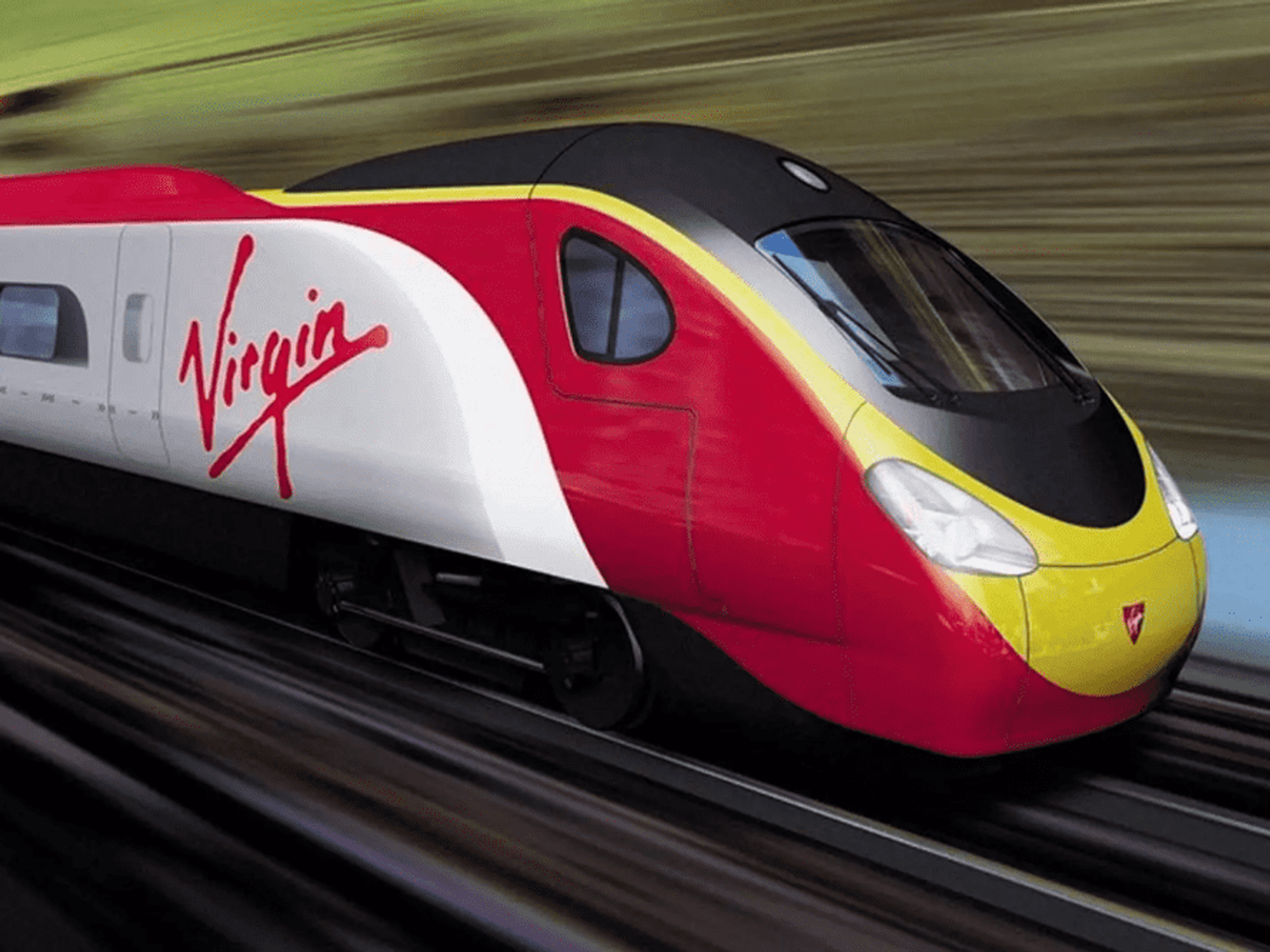

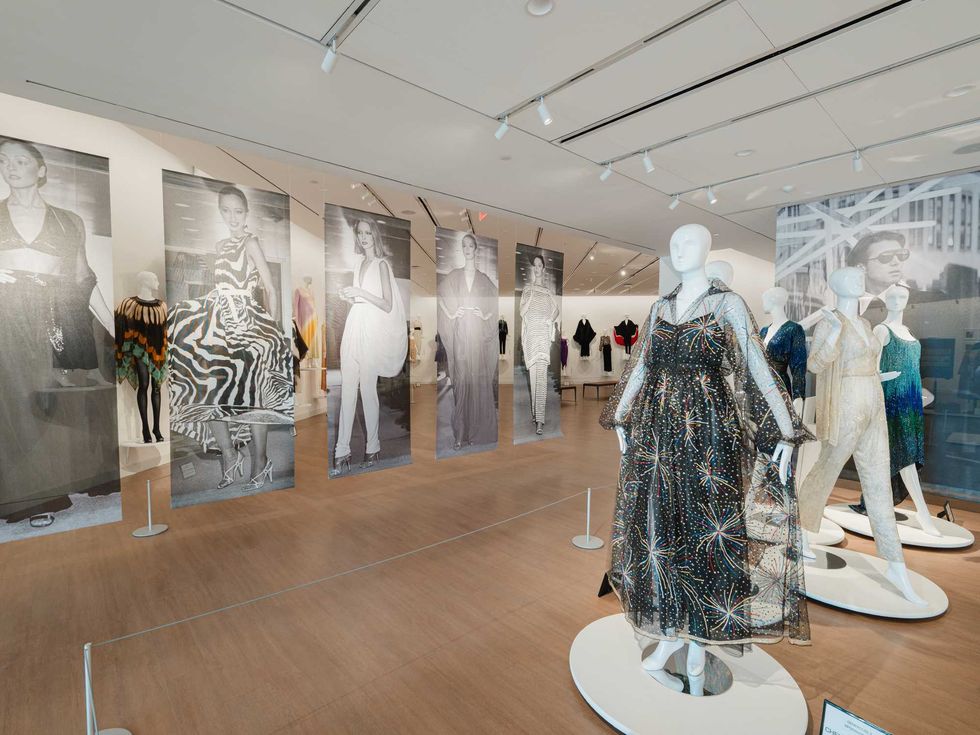 The exhibits includes photos of the Halstonettes, models who walked most of Halston's runway shows. Photo courtesy of Ellen Noël Art Museum
The exhibits includes photos of the Halstonettes, models who walked most of Halston's runway shows. Photo courtesy of Ellen Noël Art Museum  The lobby bar at The Monarch has a striking, tree-like centerpiece. Rendering courtesy of The Monarch San Antonio
The lobby bar at The Monarch has a striking, tree-like centerpiece. Rendering courtesy of The Monarch San Antonio 
